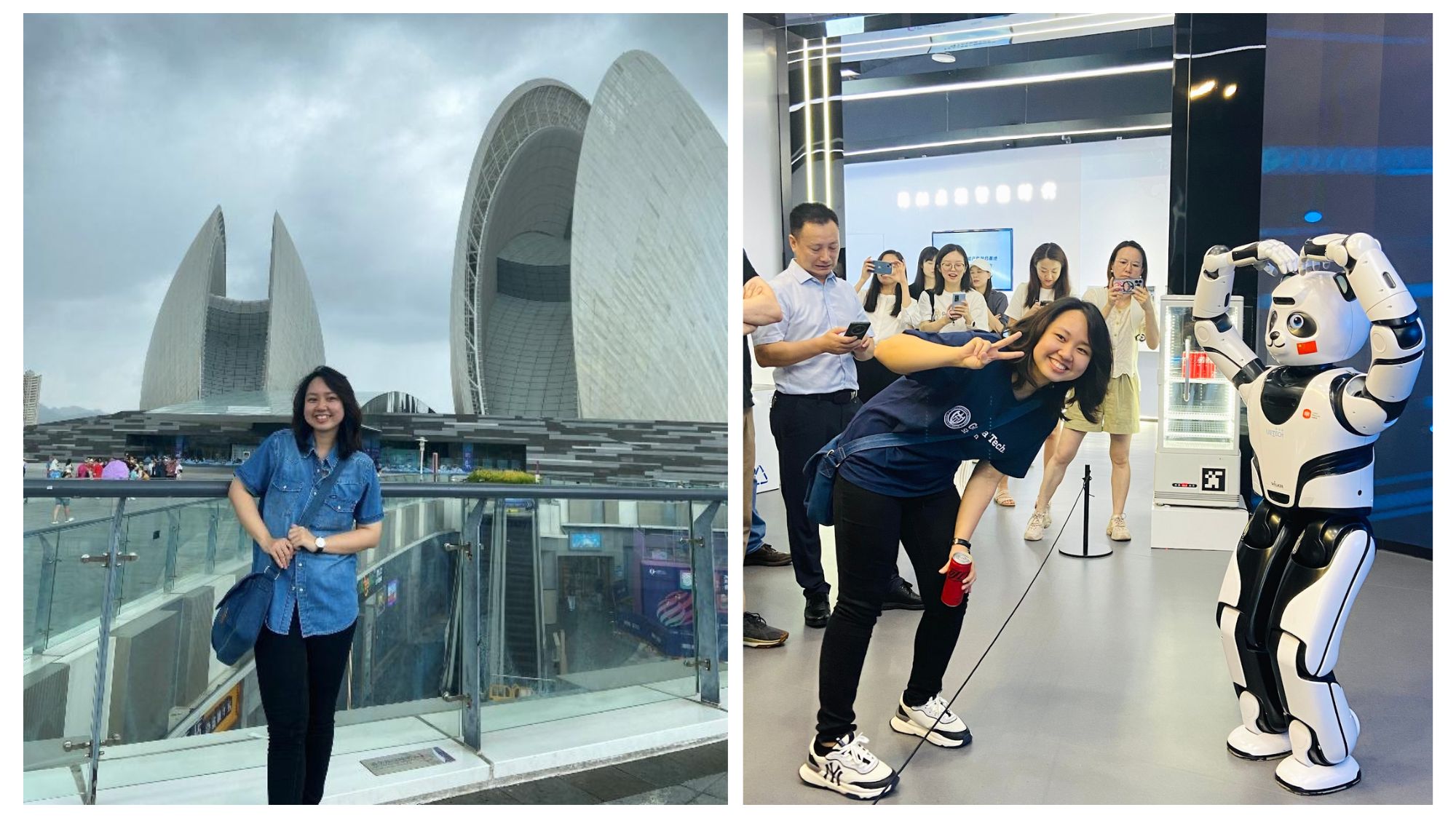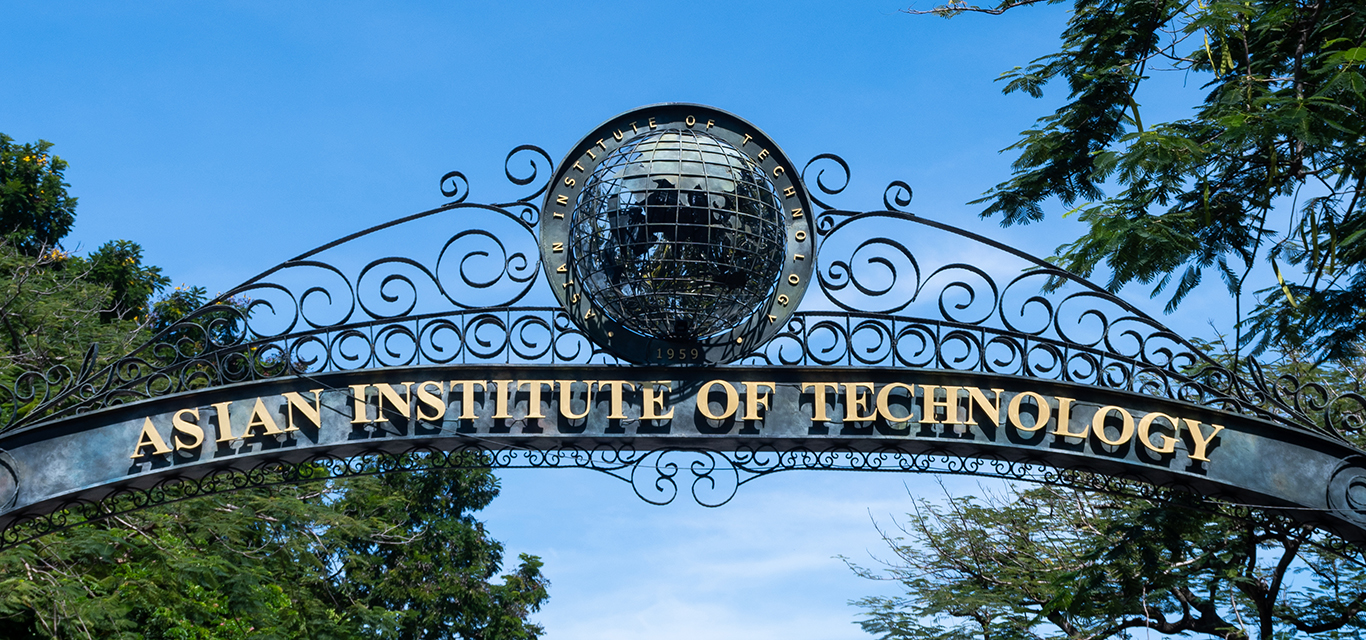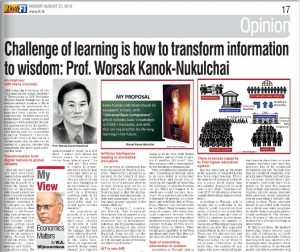 Financial Times (Sri Lanka) and the Colombo Telegraph have a full-page article based on an interview with AIT President Prof. Worsak Kanok-Nukulchai. The article written by W A Wijewardena, a former Deputy Governor of the Central Bank of Sri Lanka, delves on Prof. Worsak’s view of the past, present and future. “He draws lessons from the past, assesses the state of affairs today and makes plans for the future,” Wijewardena says in the piece.
Financial Times (Sri Lanka) and the Colombo Telegraph have a full-page article based on an interview with AIT President Prof. Worsak Kanok-Nukulchai. The article written by W A Wijewardena, a former Deputy Governor of the Central Bank of Sri Lanka, delves on Prof. Worsak’s view of the past, present and future. “He draws lessons from the past, assesses the state of affairs today and makes plans for the future,” Wijewardena says in the piece.
The articles can be read at these links
Colombo Telegraph: https://bit.ly/2ocPQi1
Financial Times (Sri Lanka) https://bit.ly/2MQEZIC
The article is also reproduced here
Prof Worsak Kanok-Nukulchai: Challenge Of Learning Is How To Transform Information To Wisdom
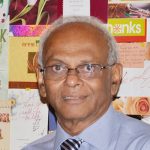
Dr. W.A Wijewardena
Dr. W.A Wijewardena
An engineer with many interests
The outgoing President of the Thailand-based Asian Institute of Technology or AIT, Professor Worsak Kanok-Nukulchai, is an unconventional academic. He is an engineer by profession. But his intellectual penetrations have not been limited only to engineering. He talks about art, humanities, social sciences and languages with authority. His latest passion has been the involvement in an inquiry into telomere shortening and its connection to aging. Telomere is the compound structure at the end of a chromosome that decides on the aging of a person; shorter this compound, the more aged a person has been.
Transformation from digital natives to global citizens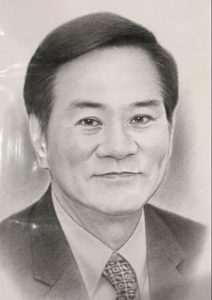
But his real interest and therefore concern have not been searching knowledge for himself. It is about the future, the future of the knowledge based society we have created and how it could be continued without allowing it to collapse on itself. This concern is then linked to the knowledge requirements in the future and how the current educational system could train people – both students and adults – to be its partners. Thus, Worsak lives in all the three time dimensions – past, present and future – simultaneously. He draws lessons from the past, assesses the state of affairs today and makes plans for the future.
I have written on his wisdom on how digital natives – a term he had coined to describe the modern tech-savvy youth – should be converted to global citizens in a previous article in this series. A global citizen is a person who has moved out of the boundaries of nation states to the world out there and got himself seamlessly integrated to its governance, trade, commerce and above all its technological advances.
Serene environment at AIT
To pick his brain and learn more about his thinking, I met him at his office at AIT late in the evening when all others had left the place after a hard day’s work. The atmosphere within his office and in the surrounding area was that of extreme serenity free from noises or disturbances. It is fertile ground for anyone to cultivate his intellectual prowess. The soft spoken Worsak greeted me in his traditional Thai style and we got into a fruitful conversation.
No retirement age for those seeking wisdom
He is to retire from active administrative work in a few days. I asked him about his future plans. “A person can retire from admin work” He told me. “But when it comes to satiating one’s intellectual curiosity, there is no retirement date. In this era where things are fast changing at an exponential rate, one has to place oneself on a lifelong learning path. If he doesn’t do so, it is inevitable that he would soon become obsolete”.
An exponential growth is a growth on growth, so that additional change in growth at each level is larger than the change that had been achieved previously even if it grows at the same rate. Hence, in exponential growth things would change too rapidly even before one may notice it. Such a world creates an unknown future. However, mankind, if not driven by rational thinking, will harbour fear about the unknown, the most destructive human emotion. Nations that are successful in training their citizens to overcome this fear will succeed in the world. Others will relegate themselves to the state of failing nations.
Train the youth to face the unknown in the future
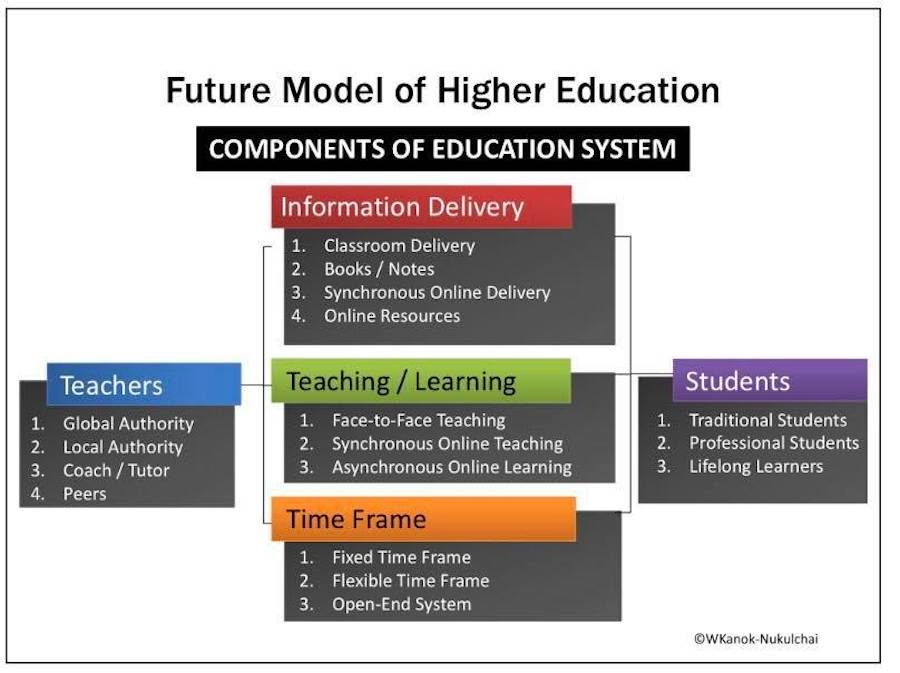 Worsak thinks that when the youth are groomed in a particular way, they would be able to face the unknown future without fear. For that, he says, the present educational model which was designed to serve the industrial revolution in the 19thcentury is ill-suited. In that model, students depended on teachers to impart the whole knowledge.
Worsak thinks that when the youth are groomed in a particular way, they would be able to face the unknown future without fear. For that, he says, the present educational model which was designed to serve the industrial revolution in the 19thcentury is ill-suited. In that model, students depended on teachers to impart the whole knowledge.
The responsibility of the students was to memorise this knowledge, demonstrate it at exams and apply it in later working life. But the digital world in which we are living today is characterised by disruptive technologies. They are disruptive because they change the world constantly, at an exponential rate. The innovations that occur have been shorter and shorter in duration. They not only change how we think, but also how we live and work. The challenge of education, says Worsak, is to groom students to be winners in this newly emerging world order.
Artificial intelligence leading to innovative disruption
The process of disruption has been explained by Worsak as follows: “Innovative disruption is not new. In the history of mankind, innovative disruptions used to be of a gradual process so their impacts were not felt so much. The only difference now from the past is that the disruption is abrupt and exponential, in time and magnitude, thus carrying much greater impacts to the human lifestyle”.
“For example,” continues Worsak, “the Industrial Revolution has disrupted a big chunk of agricultural process whichever can be mechanized. Likewise, the Digital Revolution has also disrupted the many industrial processes that can be digitized. Soon, we will see the Artificial Intelligence Revolution or AIR disrupting and embracing our digital world today”
AIT is into AIR
Artificial intelligence or AI is the main threat that is faced by mankind today. It is considered a threat because once it is fully developed, it would make mankind irrelevant. Worsak feels that machine learning and AI will overtake humans in most of the cognitive skills within another decade or so. Hence, instead of rejecting AI, humans should learn how to cope with it.
At AIT, groundwork has already been laid to develop AI and be a partner of the future AI driven world. Already a dummy policeman who would be placed at roadsides to detect and report on traffic law violators has been created by AIT scientist Dr Mongkol Ekpanyapongand supplied to Thai Police for use. AIT will also collaborate and partner with other leading researchers on AI to build a sound base for this new technology. Recently, an AI expert team from Japan met the AI experts of AIT to cement these relationships.
Machines to take over humans’ functions
What Worsak has predicted about AI has been corroborated by the results of a survey done on 1634 experts by Katja Grace of the Future of Humanity Institute of the University of Oxford in UK. This survey has revealed that intelligent machines will go for training as humans do today in about 12 years’ time. Within the next 40 to 50 years, these machines will begin to write New York Times bestsellers and perform surgeries. In another 125 years’ time, they are predicted to gain capability for handling all human jobs.
This is frightening but unavoidable. According to Worsak, what is at issue today is concerned with ethical and moral side of creating AI, capable of handling the full range of what the humans can do. What will happen if AI machines could become monsters? Or, a species that is hostile to humans? At present, AI is inorganic and artificial. But, as Yuval Noah Harari has documented in his Homo Deus humans have created organic AIs when they built computer viruses. These computer viruses can reproduce themselves and work exactly like organic humans. In this world, humans have no choice. They should gain capability to out-beat machines and show that they are the masters and not servants.
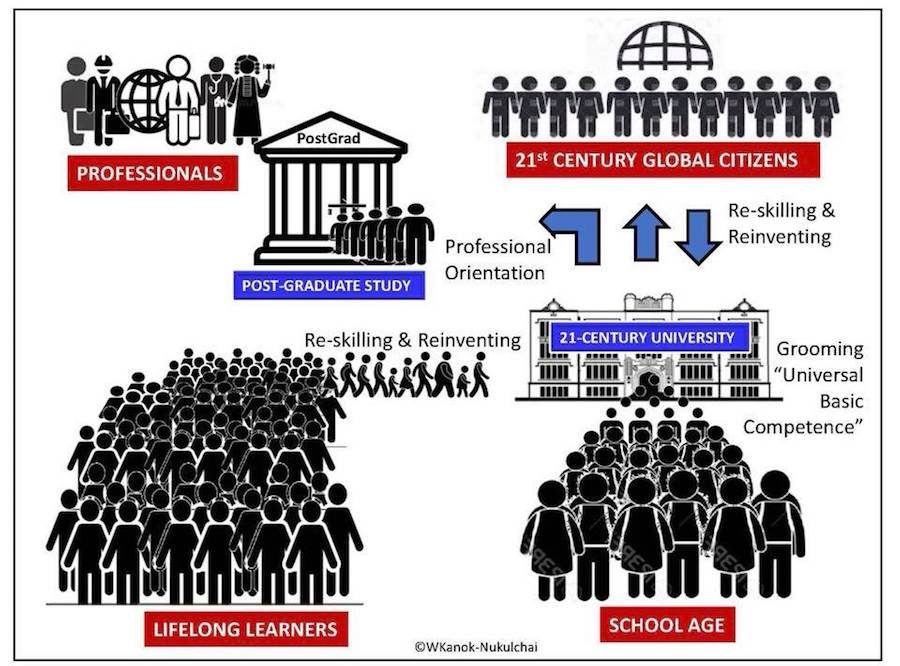
Task of converting information to wisdom
According to Worsak, that is a process involving mankind to gain wisdom eventually by converting information to knowledge and knowledge to wisdom. Information which is available everywhere constitutes combined bits and pieces of data. Mastering those data will help a person to gain knowledge by understanding the related information. Wisdom is nothing but personal mastery of applying knowledge. Worsak says humans will not be able to transform information to knowledge and knowledge to wisdom unless they acquire some basic competencies called ‘universal basic competencies. They include knowledge of science, technology, engineering and mathematics, known as STEM plus humanity and skills needed to go through a lifelong long learning programme. It is the duty of education to equip everyone with these basic competencies.
Sri Lanka has an excess demand for university education
If education is to perform this job, it should have capacity at the university level to accommodate all those who seek wisdom. In the case of Sri Lanka, the number of places at universities is far short of the demand for university education. For instance, about 100,000 students qualify to enter a university each year. But the state university system can accommodate only less than 30,000. Hence, any plan to provide universal basic competencies to all Sri Lankans through universities will be a non-event.
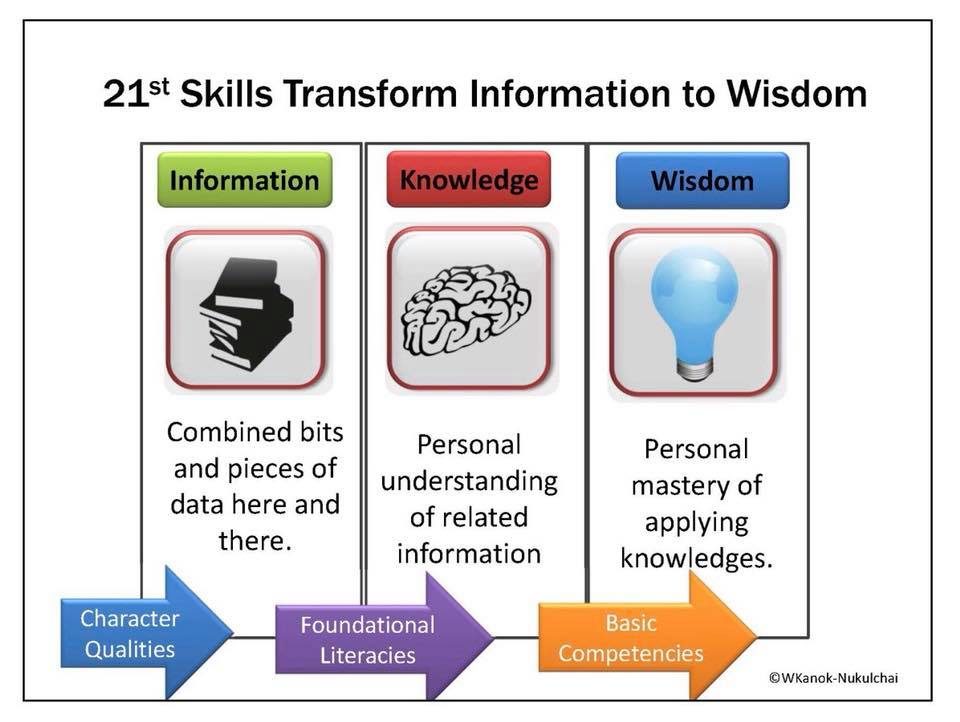
There is excess capacity in Thai higher education system
But the situation in Thailand is the opposite of what Sri Lanka has been experiencing. There, the number of places at universities is pretty much higher than the number demanded in each year.
According to Worsak, this is mainly due to a decline in the eligible youth population that seeks university education after the East Asia Financial Crisis of 1997-8. In addition to this demographic change, the number of vacancies at Thai higher learning institutions also has expanded tremendously in the recent past. There are 170 universities and higher learning institutions in Thailand today. Out of them 71 are private universities. At the same time, the number of students who have enrolled themselves at universities has declined from 2.5 million a few years ago to 2.2 million recently. Since universities do not operate at the full installed capacity, according to Worsak, there is a breakneck competition among universities to attract as many students as possible.
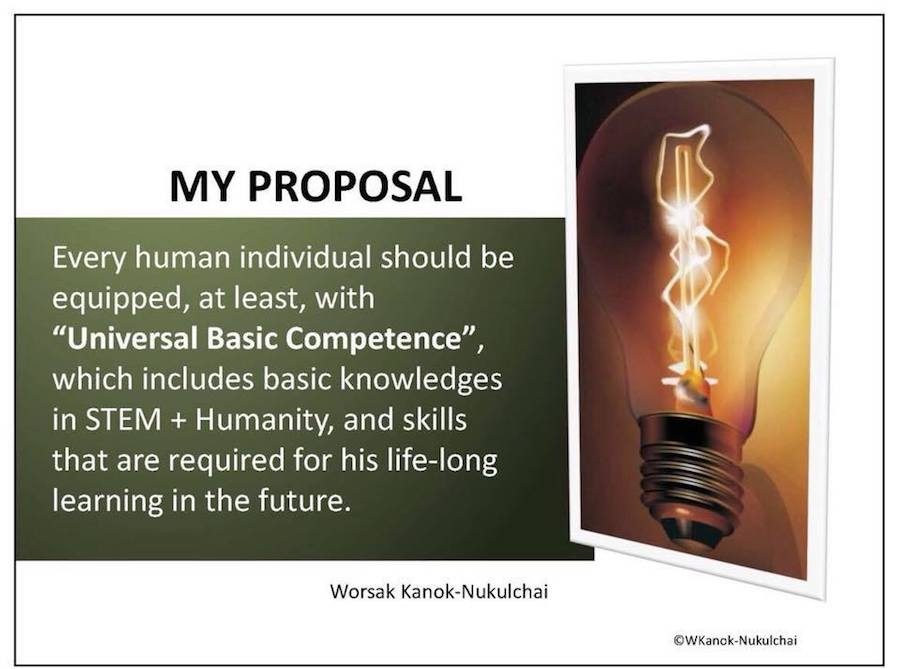
Thai universities are facing the threat of closure or downsizing
But the market they operate is shrinking every year making it difficult for universities to fill all the vacancies. At the same time, a large number of students are proceeding to countries like Australia, UK, USA and Canada for higher education. This also has reduced the operational market for universities. As a result, many universities in Thailand are faced with the problem of closure unless they could go through a downsizing programme. Hence, Worsak says that Thailand will have to attract foreign students or use universities as a lifelong competency acquisition outfits or both.
The path to lifelong learning
Lifelong learning is a must in today’s context since the wisdom which a person has today will become obsolete pretty fast due to rapid changes in technology. Take for example a surgeon. With the advancement of machine learning surgery methods, surgeons will become irrelevant in the curative healthcare systems in the future. These surgeons then have to place them on a continuous learning path and that learning has to be continued throughout his life. Worsak says that in a world of volatility, complexity, uncertainty and ambiguity, everyone should have right to acquire universal basic competencies. To meet this demand, 3 to 4 year undergraduate degrees should equip students with universal basic competencies by providing a holistic education to them. Then, students should be provided with further 1 to 3 year study programmes to enable them to acquire professional credentials. The balance 40 to 50 years of life should then be devoted to lifetime learning at universities.
If this is not done, the modern knowledge based society runs the risk of collapsing on itself. The failure to undertake lifelong learning will also obstructs the move to produce the global citizen of the 21stcentury. In the Worsak model, the future university will groom students in basic universal competencies, on the one hand, and provide opportunities for all to undertake lifelong learning, on the other. Quite independent of universities, there stand the professional bodies. This defines the model of higher education as presented by Worsak. It has information delivery to students in a combined work of teaching and learning within a given time period. Students are traditional, professional or lifelong learners. Worsak says that future universities will serve students of all age groups to access learning in real time or on demand, from anywhere, in multiple modes, to suit their lifestyle or their work and other activities.
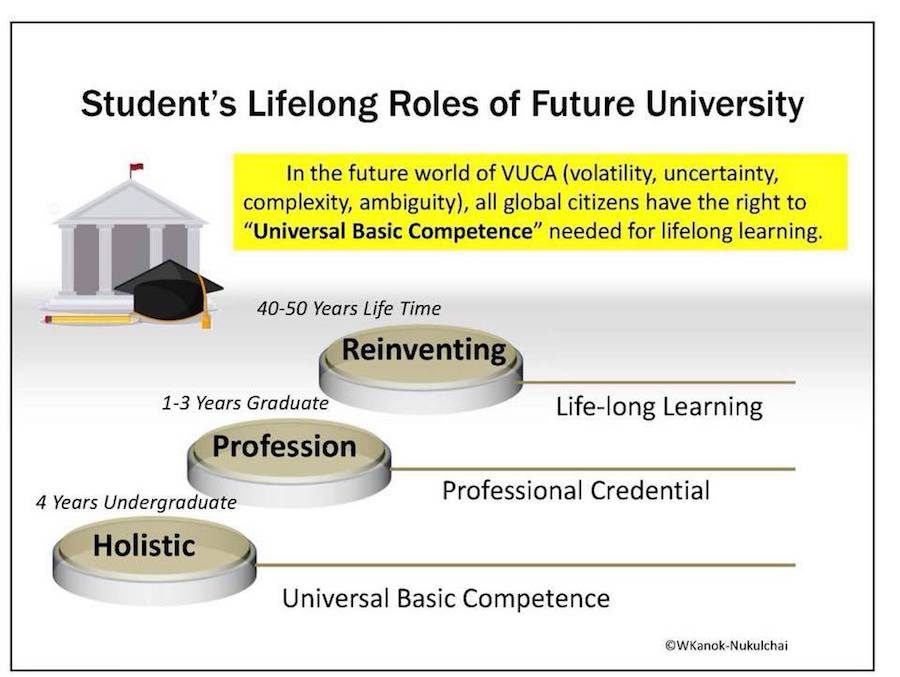
Learn science plus
The important message which Worsak has delivered is that society should not consider technological advancements as bogeys. They are the products of creative human minds and instead of condemning them, society should begin, as the Russian born American writer Ayn Rand has said, to appreciate it. But to do that, people should be global citizens equipped with universal basic competencies. Those competencies are made up of not only science subjects like technology, engineering and mathematics but also humanities and social sciences.
*W A Wijewardena, a former Deputy Governor of the Central Bank of Sri Lanka, can be reached at [email protected]



